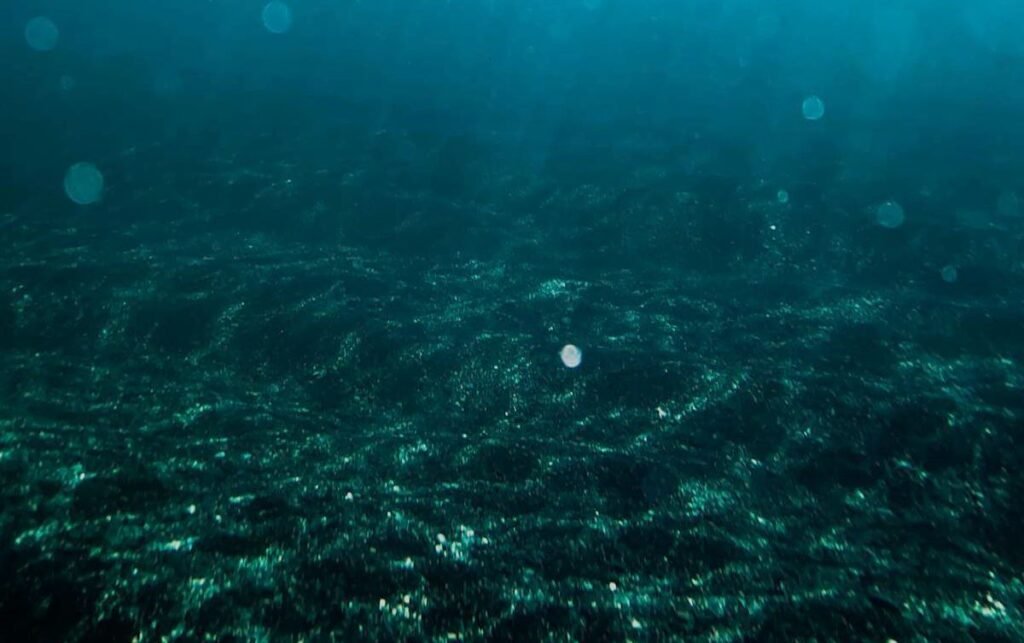The EU’s foreign policy chief and the Commission have presented a Joint Communication introducing a range of measures to strengthen the security and resilience of submarine cables.

Communication cables connect several of the EU Member States to one another, link islands to the EU mainland, and connect the EU to the rest of the world, carrying 99% of inter-continental internet traffic. Subsea electricity cables facilitate the integration of Member States’ electricity markets, strengthen their security of supply, and deliver offshore renewable energy to the mainland.
In recent weeks and months, however, submarine cables incidents have risked causing severe disruptions in essential functions and services in the EU, impacting the daily lives of EU citizens.
The EU’s initiative responds directly to these threats with plans to bolster the resilience of what is a critical infrastructure, addressing prevention, detection, response, recovery, and deterrence.
The Joint Communication is designed to support the Member States, including those in the Baltic Sea Region, which have seen a significant increase in cable incidents. Key measures include:
- Prevention: Stepping up security requirements and risk assessments on submarine cables, while prioritising funding for the deployment of new and smart cables, allowing for increased redundancies and consequently enhancing resilience.
- Detection: Enhancing threat-monitoring capabilities per sea basin, such as the Mediterranean or the Baltic Seas, to build a comprehensive situational picture. This will enable earlier alerts and more effective responses.
- Response and Recovery: Improving the efficiency of the EU-level crisis framework for swift action on incidents impacting submarine cables and to increase repair capacity to ensure swift repair of damaged cables.
- Deterrence: Enforcing sanctions and diplomatic measures against hostile actors and the ‘shadow fleet’, making full use of the Hybrid Toolbox to address hybrid campaigns. This also includes fostering ‘cable diplomacy’ with global partners.
The actions complement ongoing work by the Submarine Cable Infrastructure Expert Group, composed of Member States and the EU Agency for Cybersecurity (ENISA). The Commission stresses they are complementary to NATO’s existing activities and support national and regional endeavours, reaffirming Europe’s commitment to protecting critical submarine infrastructure, which is essential to global communications and energy security.
By the end of 2025, the Commission and the High Representative are expected to present, amongst other actions, the mapping of existing and planned submarine cable infrastructures, a Coordinated Risk Assessment on submarine cables, a Cable Security Toolbox of mitigating measures and a priority list of Cable Projects of European Interest.







